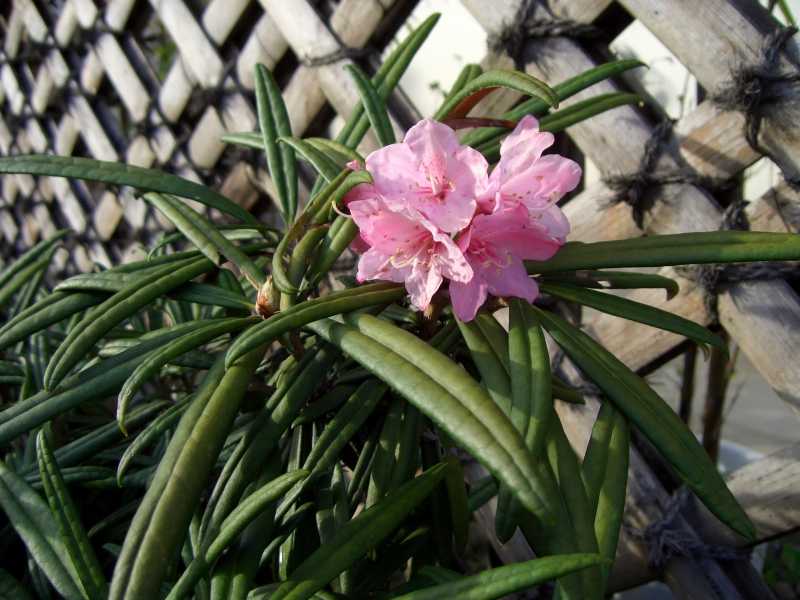| 小栗上野介の言葉 2 「国民利福」で行なう株式会社 Words of Kozukenosuke Oguri #2 Corporation managed in the spirit of "national welfare" |
|
|---|---|
| 長野県小布施町の高井鴻山は豪農商・画家・学者として知られる人物である。晩年の葛飾北斎が小布施を訪れてたくさんの絵を残したのも、鴻山が招いたから。その鴻山が幕末に「勘定奉行小栗上野介から助言を得て」松代藩に提出した「船会社設立案」建議書が町に残る。 Kohzan Takai of Obuse, Nagano Prefecture, was a well-known wealthy merchant, painter, and scholar. Takai invited Hokusai Katsushika, a famous ukiyo-e painter and printmaker of the Edo period, who visited Obuse in his later years, and left many paintings there. The town still has a draft proposal for the establishment of a shipping company that Takai submitted to the Matsushiro clan at the end of the Edo period "with the advice of Kozukenosuke Oguri, an accounting magistrate." |
|
|
国民利福
「・・・信越の富豪が結社して船会社を作り外国交易を行なえば、地域の物産振興、富国強兵につながり国民利福を図ることとなる」 National Welfare 民間で経営 「地域の産物を運んで交易を行なうことは、資本を出した富豪の者の経済のためだけではなく、たとえば近年生産が盛んになってきたジャガイモや養蚕など地域の物産を生産する多くの人々ためになる」 ……として、出資する金持・資本家のための会社でなく「国民利福のために行なう会社」をめざす建議書であった。この「国民利福」の理念は高井鴻山だけではなく小栗上野介が手がけて立ち上げた日本最初の株式会社「兵庫商社」が同じ理念であったから、高井鴻山もそれに共鳴して「民間だけで経営する船会社」を構想した、と考えられる。 近年、もうけるためには手段を選ばない会社や官僚の、非法、不法な事件が跡を絶たない。 会社規模に大小の差はあっても、国民利福を忘れた経営はいつか破綻(はたん)が来ることを示している Private Management In recent years, there has been no end to the number of illegal and unlawful
cases involving companies and bureaucrats who will stop at nothing to make
a profit. Examples include Livedoor's manipulation of stock prices, falsified
architectural designs for condominiums and hotels, padding of construction
costs through official collusion at the Defense Facilities Administration,
illegal modification of the Toyoko Inn hotel after building permits were
issued, and concealment of defective Mitsubishi Motors vehicles, etc.
|
|
|
「国民利福」はどこから では小栗上野介はどこから国民利福の理念を身につけたのであろうか。たとえば次のような言葉がある。 「川に船をおいて旅人を向こう岸へ渡し、あるいは川に橋を架けて便宜を図るのは布施ですよ。治生産業(ちしょうさんぎょう・政治を行い、産業をおこすこと)はみんな布施ですよ」 原 文 800年前の道元禅師の言葉だから産業といっても規模が違うが、その理念はどんな時代でも変わらない。「真の武士」であろうとした小栗上野介は、若いときに菩提寺保善寺(もと牛込・いま中野区)の縁で参禅して心を磨き、道元禅師の言葉に触れて身につけた、と想像するのは同じ曹洞宗門人の身びいきといわれようか。 Where did "national welfare" come from? These are the words of Dogen Zenji, who lived 800 years ago. The scale of his "industry" is different from those today, but his philosophy has not changed in any age. It may be said that Kozukenosuke Oguri, who tried to be a "true samurai," refined his mind by visiting Zen meditation at his family temple, Hozenji (formerly Ushigome, now Nakano Ward), when he was young, and that he learned from the words of Zen master Dogen. |
|
ちなみに、 江戸時代の「小栗上野介家代々の菩提寺」は曹洞宗保善寺(もと牛込・いま中野区))で、小栗上野介家五代からの墓があります。東善寺はたまたま権田村へ隠棲した小栗上野介が西軍に殺されたので、「小栗上野介の菩提寺」となりました。 By the way, the "family temple of the Kozukenosuke Oguri family for generations" in the Edo period was Hozenji Temple of the Soto sect (formerly Ushigome, now Nakano Ward), where there are graves since the fifth generation of the Kozukenosuke Oguri family. Tozenji Temple happened to be the "family temple of Kozukenosuke Oguri" because Kozukenosuke Oguri was killed by the western army after hiding out in Gonda Village. |
